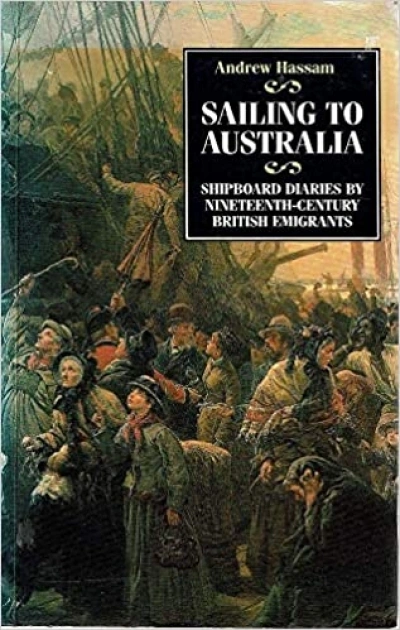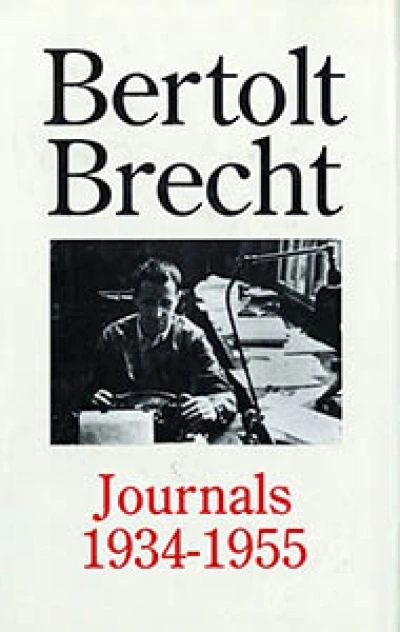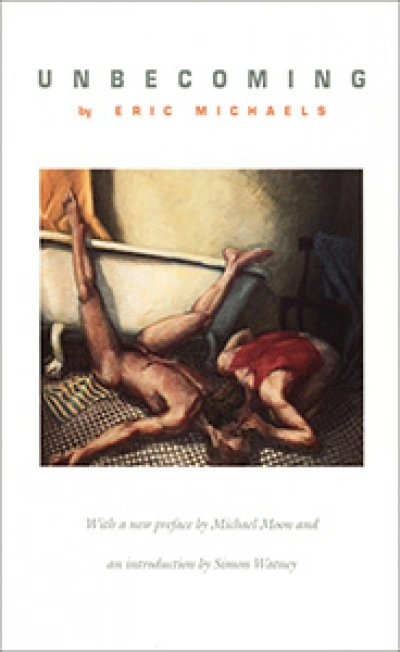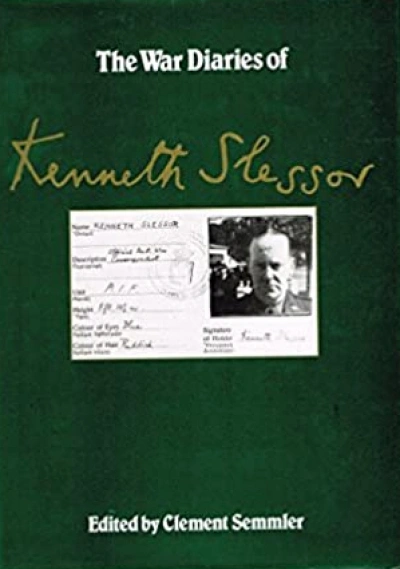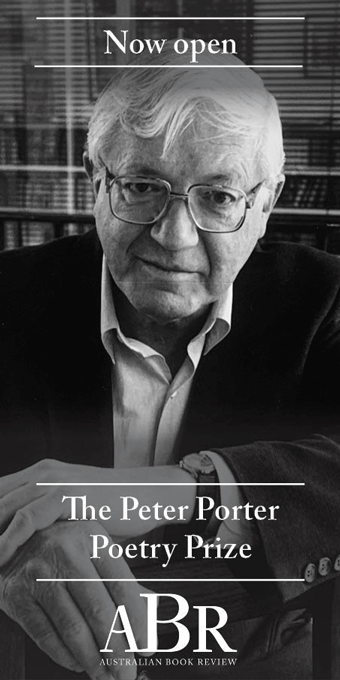‘We assume, of course, that we are masters and not servants of facts,’ observes T.S. Eliot in an early essay, ‘and that we know that the discovery of Shakespeare’s laundry bills would not be of much use to us’. The sentence continues, still flickering between amusement and seriousness, futility of the research which has discovered them, in the possibility that some genius will appear who knows of a use to which to put them’. If he had lived a decade or so longer, Eliot may have smiled to hear of the furore which attended the publication of Nietzsche’s unpublished manuscripts, including his laundry bills. And while he may not have been entirely amused by Jacques Derrida’s essay, Éperons, partly prompted by this publication, Eliot would doubtless have agreed with one of the theoretical points that was made: it is impossible to tell for sure which of an author’s writings do not belong to his or her oeuvre.
...
(read more)


